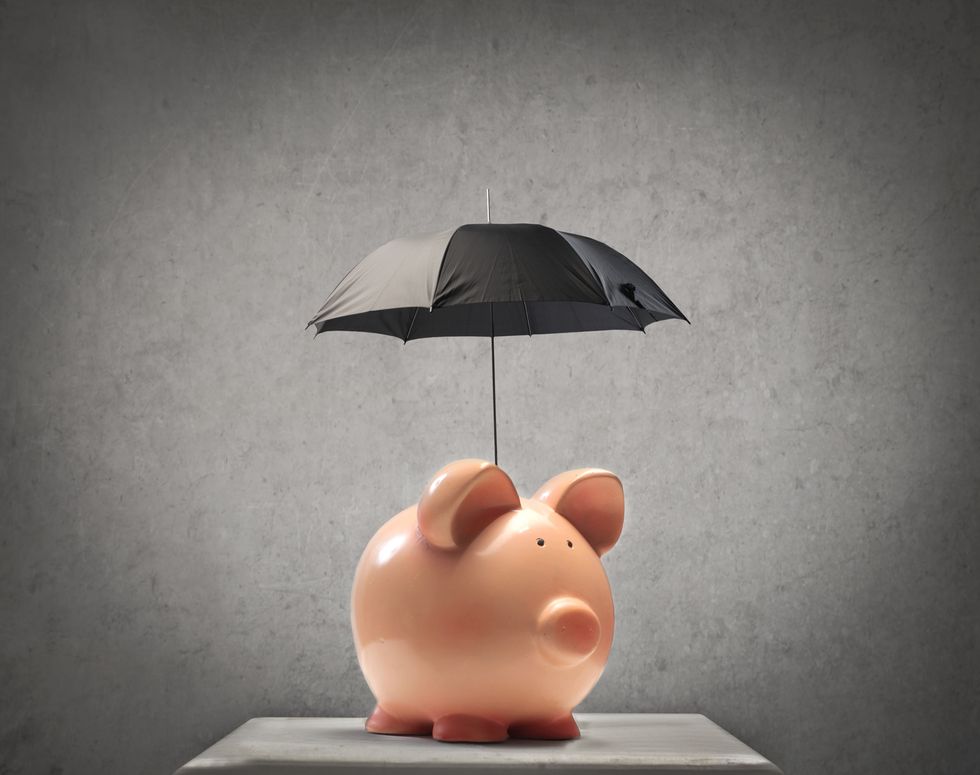According to a recent article published by Yahoo Finance, “About 57 million Americans have no emergency savings” My second thought (after shock that there’s anyone out there with no emergency savings of course) were how numbers stacked up when breaking off the statistics by age group. If I had to take a guess I would have definitely thought that younger Americans around ages 18-24 would be in the worst shape, but to my surprise it turns out that actually Americans ages 53-62 are the weakest link. According to the article, about 32% of younger boomers claim to have no money set aside in an emergency fund. Now I believe the main reason for my utter confusion stems from the fact that it’s just seem more practical that those who are younger would not only be more financially illiterate, but also would have less obligations to have money for emergencies set aside.
The article goes on to mention that a major contributor to the aforementioned group of Americans 53-62 having less set aside than others stems from the effects of prolonged unemployment due to the financial crisis that occurred about decade ago. A problem that could be very costly (no pun intended) given the potentially increased cost of medical expenses.
As for the bigger picture, Americans are actually getting better at saving. Information collected by financial service company Bankrate shows that those who enough saved away to cover three to five months has gone up from 16 percent to 17 in the last year. Also, those who have six or more months worth of expenses stashed away in savings has improved from 28 to 31 percent. Bankrate mentioned that this was a record high since the company started data seven years ago.
With those statistics being mentioned, it’s clear that overall American’s do have a seemingly secure grasp on the concept of an emergency fund. So what exactly are some of the important reasons to set aside some of your earnings for a “rainy day”. First off, we’ve all heard the saying “accidents happen” right? Well what if that “accident” is automotive, whether with another car or not, an injury to yourself or anyone in your family, or anything health related Of course in most cases insurance could very well be the solution, but what if it’s not? The same can be said when it comes to your home, things leak or break down. Despite how much of a pain in the ass and obnoxious it may be, not recognizing the possibility (which could be done be not putting aside any money for it) will not make the fact of it’s existence just go away. Also, what if that dreaded moment comes along and you get ole boot from your job whether it be thanks to budget cutting layoffs or you got work and nap time mixed up. What if you need to make rent? Or do you not mind moving back in with your parents? The point of this all is that you never know what is gonna happen to you and it’s essential to be financially prepared.
You’re probably wondering, how much is “enough” to have saved away? Going back to the Yahoo article, Bankrate chief financial analyst Greg McBride suggest that about six months worth of expenses should be a pretty comfortable amount to have set aside. However, he does go on to say that if you are the sole breadwinner or are in business for yourself, you should set aside even more.
Now if you’re someone who finds saving a bit difficult for whatever the case may be, check out this list of ‘8 Ways to Save Money on a Tight Budget’ on the aforementioned Bankrate’s website


















